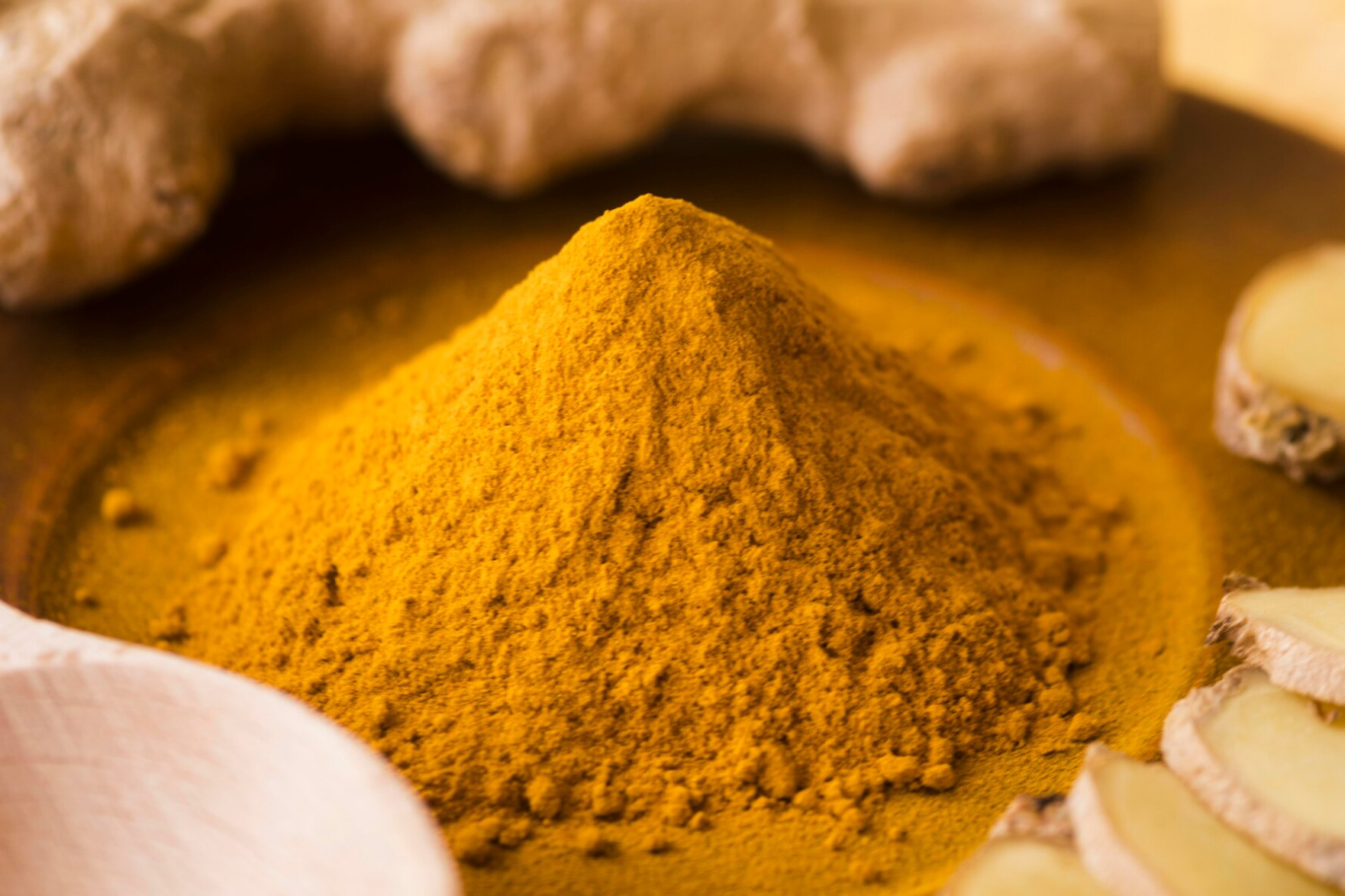8 Natural Alternatives For Managing Chronic Pain

Source Everyone must have experienced pain in their life. Whether it is back pain or knee pain – it's a way for the body to tell us something is wrong within. Well, chronic pain is quite different. It can remain for quite a long time. Chronic pain affects you not just physically but also takes a toll on your mental health. As per recent data, chronic pain affects around 1.5 billion people globally. Traditional treatments usually include pharmaceuticals, which, while effective, can result in dependence and possible side effects. This is the reason why people who are suffering from chronic pain are looking for natural alternatives for relief. Keep reading to find out 8 natural remedies for alleviating chronic pain.
1. Kratom
Kratom, a popular tropical tree native to Southeast Asia, can be a natural pain reliever. The leaves of this tree consist of compounds that interact with opioid receptors in the brain, which may be beneficial in relieving pain. You can consume Kratom in various forms, such as capsules, powder, extracts, tinctures, etc. However, you must make sure to buy quality products from a trusted vendor, such as Golden Monk Kratom. Users who have consumed Kratom often report relief from conditions like back pain, fibromyalgia, and arthritis. While it offers potential benefits, you must consume Kratom with caution.
2. Turmeric

Source Turmeric is a well-known spice which is commonly used in cooking. It contains curcumin which is a compound with potent anti-inflammatory properties. Curcumin is beneficial in reducing inflammation and can be added to food or taken as a supplement. Various studies have proved that turmeric can be as effective as some NSAIDs (nonsteroidal anti-inflammatory drugs) in curing pain and inflammation. For optimal absorption, consume turmeric with black pepper, which contains piperine, a compound that boosts curcumin absorption.
3. Acupuncture
An ancient Chinese medical practice, acupuncture, involves inserting thin needles into specific points of the body to stimulate energy flow and promote healing. This practice balances the body’s energy (qi) and has been used to treat several issues, including chronic pain. Research suggests that acupuncture can manage conditions like osteoarthritis, migraines, and back pain. It releases endorphins, the body’s natural painkillers, and modulates pain signals.
4. Ginger
A versatile root, ginger is used extensively in both traditional medicine and culinary. Its analgesic and anti-inflammatory effects are powerful. The main active ingredients in ginger, gingerols, and shogaols efficiently lessen pain and inflammation. Because of this, it's a useful natural treatment for chronic pain conditions like osteoarthritis, muscle soreness, etc. Ginger can be taken in several ways, including fresh, dried, powdered, and as a supplement. Adding ginger to your regular routine can improve your general health.
5. Yoga and Tai Chi

Source Yoga and Tai Chi are traditional mind-body exercises that focus on breathing techniques, physical alignment, and healing. It is useful in warding off stress, building muscles, and flexibility.
Yoga involves physical postures (called asanas) and breathing exercises (called pranayama) that help increase physical and mental endurance and strength. These exercises prevent muscular contraction, align the body, and enhance an awareness and understanding of bodily pain.
Tai Chi, however, can be described as a martial art that employs slow body movements, correct breathing, and meditation. Several studies done on Tai Chi have established that this activity can indeed assist in the alleviation of pain and also assist people in performing their tasks more efficiently.
6. Essential Oils
Essential oils, concentrated extracts derived from plants, have long been a part of aromatherapy and traditional medicine to cure various ailments, like chronic pain. Some of the popular essential oils include peppermint, lavender, and eucalyptus. Many people know that lavender oil has relaxing and soothing qualities. Peppermint oil includes menthol, which produces a cooling sensation and acts as a natural analgesic. Eucalyptus oil has strong anti-inflammatory properties and can be useful for respiratory issues and arthritis. When incorporating these oils into your pain management routine, consult a healthcare provider to ensure you use them the right way.
7. Magnesium
The health of bones, the function of muscles and nerves, and blood pressure management are just a few of the many critical processes that depend on magnesium. It also has anti-inflammatory and muscle-relaxing properties, making it a valuable nutrient for managing chronic pain. Many people with chronic pain conditions, such as fibromyalgia and migraines, have been found to have low levels of magnesium. Supplementing with magnesium can help alleviate pain and improve overall health. Magnesium can be taken in various forms, including oral supplements, topical creams, and Epsom salt baths.
8. Mindfulness Meditation

Mindfulness meditation entails concentrating on the present moment and observing thoughts and sensations without judgment. This practice can help alleviate stress, improve mood, and enhance coping skills, which are essential for managing chronic pain. Research has shown that mindfulness meditation can be effective in decreasing pain intensity and improving the quality of life for people with chronic pain. It works by altering the brain's perception of pain and reducing the emotional response to pain. Introducing mindfulness meditation into a daily routine can be a robust tool for managing chronic pain and improving overall well-being.
Conclusion
Managing chronic pain necessitates a multimodal strategy that takes both the psychological and physical components of pain into account. While traditional medications can be effective, they are not without risks. Natural alternatives, such as kratom, turmeric, acupuncture, etc., offer promising options for those seeking to manage their pain naturally. It is essential to talk to your healthcare professional before introducing any new treatment to ensure it is right for your specific condition and to determine the correct dosage and usage. By exploring these natural alternatives, individuals with chronic pain can find relief and enhance their quality of life.